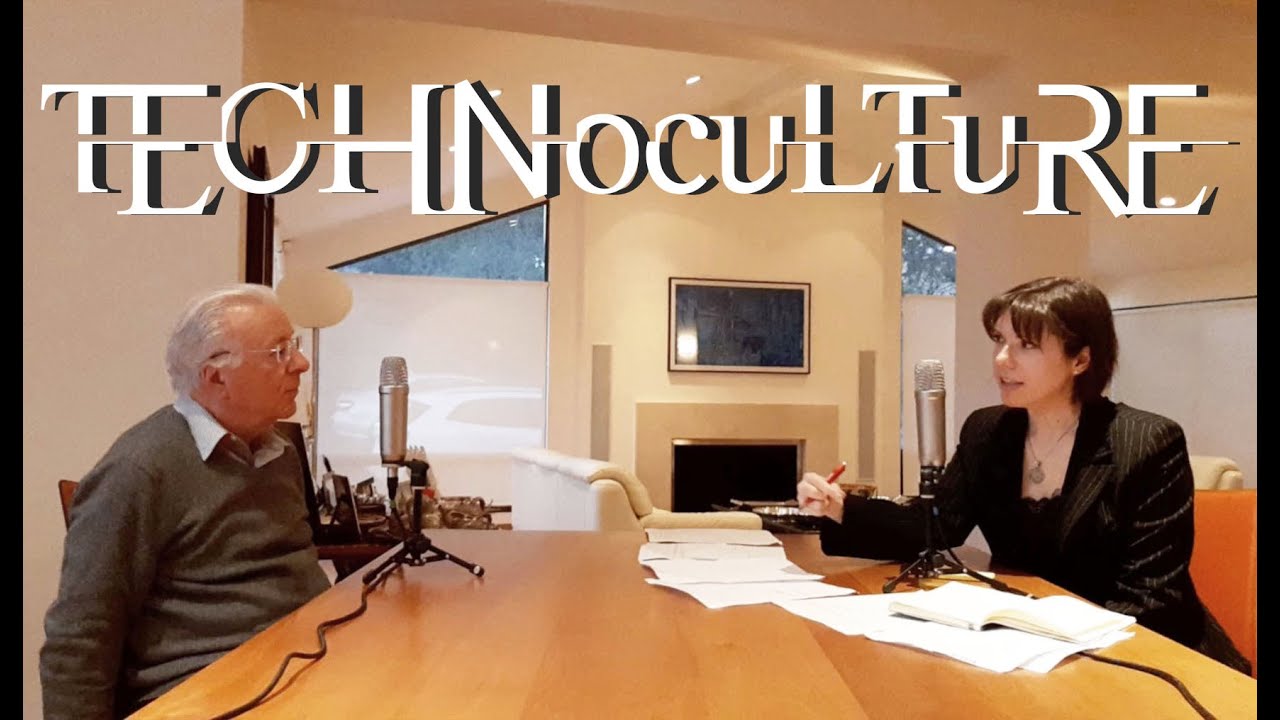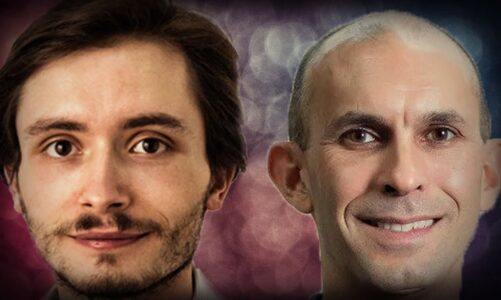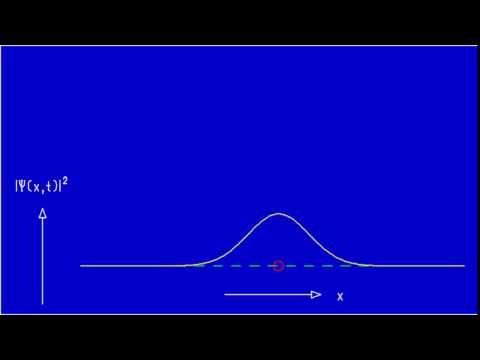Federica Bressan
Federico Faggin is a physicist, inventor, innovator, and successful entrepreneur. He is most known for the invention of the #microprocessor and the touch screen. Since his spiritual awakening about 30+ years ago, he’s been interested in the development of a framework for the scientific study of #consciousness. Read more on the podcast website: http://podcast.federicabressan.com/federico-faggin.php
This is the first full video interview for #TechnoculturePodcast. Double treat: you can also watch another interview with Federico in Italian: https://www.youtube.com/watch?v=FWaolLW02c8
Selection of quotes and questions
1:49 The inner reality is semantic; the outer reality is symbolic.
4:36 Since consciousness is a fundamental property of the universe, do you think that this will be is the “ultimate theory,” the last theoretical “layer” in our process of comprehension of the universe? Would this be it?
5:27 The self-knowing of the Self is never ending.
6:22 “Everything is an enigma, and the key to an enigma is another enigma.” Ralph Waldo Emerson
6:38 Can you give some example of concrete result obtained by the Federico and Elvia Faggin Foundation (http://www.fagginfoundation.org)?
7:53 Faggin’s Foundation supports Don Hoffman’s research at UCI University of California – Irvine (http://www.socsci.uci.edu/~ddhoff/).
7:58 Faggin’s Foundation created a Chair in Physics of Information at UC Santa Cruz (https://news.ucsc.edu/2016/09/aguirre-appointment.html).
8:23 Faggin’s Foundation supports the Institute for Quantum Studies (https://www.chapman.edu/research/institutes-and-centers/quantum-studies/index.aspx) and the Institute for Interdisciplinary Brain and Behavioral Sciences (https://www.chapman.edu/research/institutes-and-centers/brain-institute/index.aspx) at Chapman University.
9:00 What we are trying to understand is whether quantum physics the way we know it, quantum field theory, can explain consciousness if we add a few things, or whether we need a physics that is beyond quantum physics. We don’t know this yet.
9:30 Is science the right tool to investigate consciousness?
10:17 For physics, today, consciousness is an emerging property of a complex information system, but this doesn’t explain anything.
11:04 I asked myself: can I build a computer that is conscious?
11:42 In the past, the word ‘consciousness’ was cleverly and carefully avoided in scientific circles.
12:17 Today [scientists] tell us that we are machines. And this creates confusion and a damage to people, because we are actually not machines.
12:33 [According to mainstream science,] the brain is compared to a computer. We are not even close: we are quantum systems.
14:43 How do you approach the scientific need for proof and the elusive experiences you’ve described? Federico answers with a question: “Are you sure that you exist?”
16:00 Federico talks about his first spiritual experience.
17:40 If I make a statement based on a mathematical axiom, I have to prove it. […] But the intellectual knowledge is absolutely not the same as the lived experience, through a conscious experience.
19:32 What my spiritual experiences gave me is the beginning a framework, that will hopefully allow to have a model of reality that then can be mathematized. But you cannot mathematize my experience. Experience is not mathematizable. It’s only the symbolic aspect of reality that can be expressed in mathematical terms. And you can make predictions, and it is these that can be then proven or disproven. But the inner reality of self is beyond mathematics.
20:42 As a primary property of the universe, consciousness must have been there since the beginning of the universe. It must have an impact on the origin of the universe, the evolution of the universe, and the purpose of the universe. Otherwise, if it happened only later, well, then consciousness is either an epiphenomenon or an evolutionary accident of certain brains that develop that particular capacity. But I don’t believe that.
21:31 Is it correct that you are not trying to investigate the essence of consciousness per se, or questions like “is there life after death?” – what you are interested in, is how consciousness interacts with matter?
21:48 “It’s easier to explain how the outer world emerges from the inner world, than viceversa.”
22:08 You can only model the symbolic aspect of reality, which is the communication between these fields.
24:20 Artificial Intelligence (AI): was “intelligence” a misnomer to begin with?
27:00 The reality of consciousness is holistic.
27:38 There are two fundamental misconceptions today: 1. that the simulation is reality, which is not even close; and 2. that a living system is a like a computer, like a classical machine.
28:11 Virtual Reality (VR).
Source




Illuminating interview! Thank you for sharing it with us
Federica, I'm intrigued by 'quantum consciousness' and applying the concept of super-positioning to a non-physical phenomenon. I studied Maurice Merleau-Ponty on Phenomenalism for my degree. And thank you for putting links for further reading. Look forward to more of them. Best wishes, Steve
Federico Faggin https://youtu.be/VTB8A9KJaAY
thank you for this content! 🙂